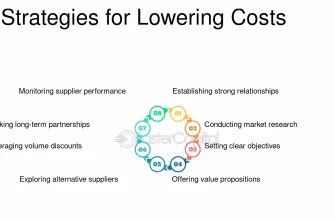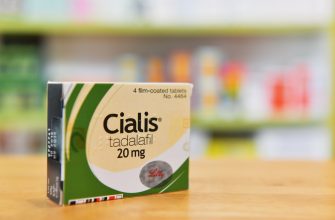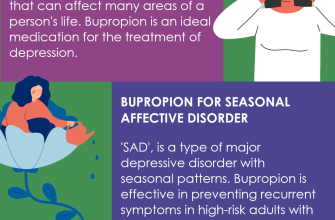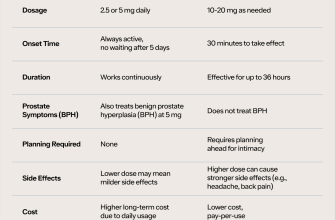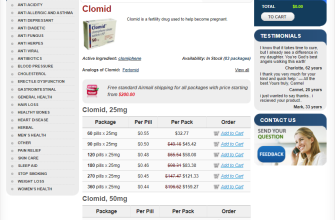Orlistat can cause gastrointestinal side effects. Expect frequent, oily stools, gas, and fecal urgency. These usually lessen with continued use, but if they’re severe or persistent, contact your doctor.
Dietary Considerations
Orlistat works by blocking fat absorption. Consume a low-fat diet to minimize side effects. Avoid excessive fat intake, as this increases the likelihood of experiencing digestive upset.
Potential Interactions
Orlistat can affect the absorption of fat-soluble vitamins (A, D, E, K). Discuss vitamin supplementation with your doctor to ensure adequate intake.
Certain medications may interact with orlistat. Always inform your doctor and pharmacist of all medications, including over-the-counter drugs and supplements, you are taking. This helps prevent potential adverse reactions.
Who Should Avoid Orlistat?
Individuals with certain medical conditions, such as chronic malabsorption syndrome, cholestasis, or hypersensitivity to orlistat, should avoid this medication. Pregnant or breastfeeding women should also consult their doctor before use.
This information is not a substitute for professional medical advice. Always consult a healthcare provider before starting any weight-loss medication.


